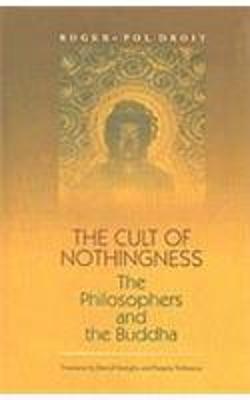The common Western understanding of Buddhism today envisions this major world religion as one of compassion and tolerance. But as Roger-Pol Droit reveals, this view bears little resemblance to one broadly held in the 19th century European philosophical imagination that saw Buddhism as a religion of annihilation calling for the destruction of the self. Originally published in France in 1997, this book traces the history of the Western discovery of Buddhism. Droit shows that such major philosophers as Schopenhauer, Nietzsche, Hegel, Cousin and Renan imagined Buddhism as a religion that was, as Nietzsche put it, a ""negation of the world"". In fact, says Droit, such portrayals were more a reflaction of what was happening in Europe at the time - when the collapse of traditional European hierarchies and values, the spectre of atheism and the rise of racism and social revolts were shaking European societies - than an accurate description of Buddhist thought. Droit also reflects on how this history continues to echo in contemporary Western understandings of Buddhism. The book includes a comprehensive bibliography of books on Buddhism published in the West between 1683 and 1890.
- ISBN10 8121512050
- ISBN13 9788121512053
- Publish Date 1 August 2009 (first published 5 May 2003)
- Publish Status Active
- Publish Country IN
- Imprint Munshiram Manoharlal Publishers
- Format Hardcover
- Pages 263
- Language English
